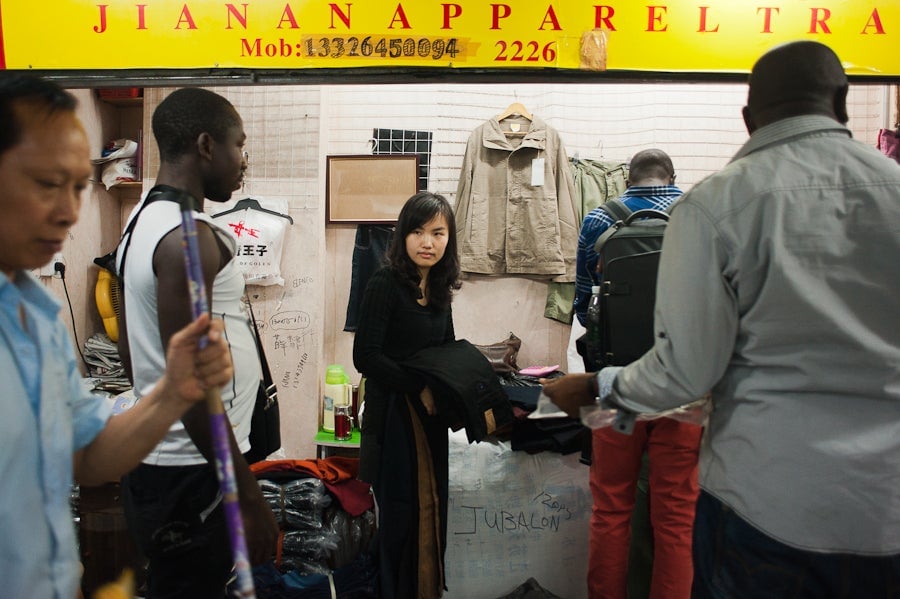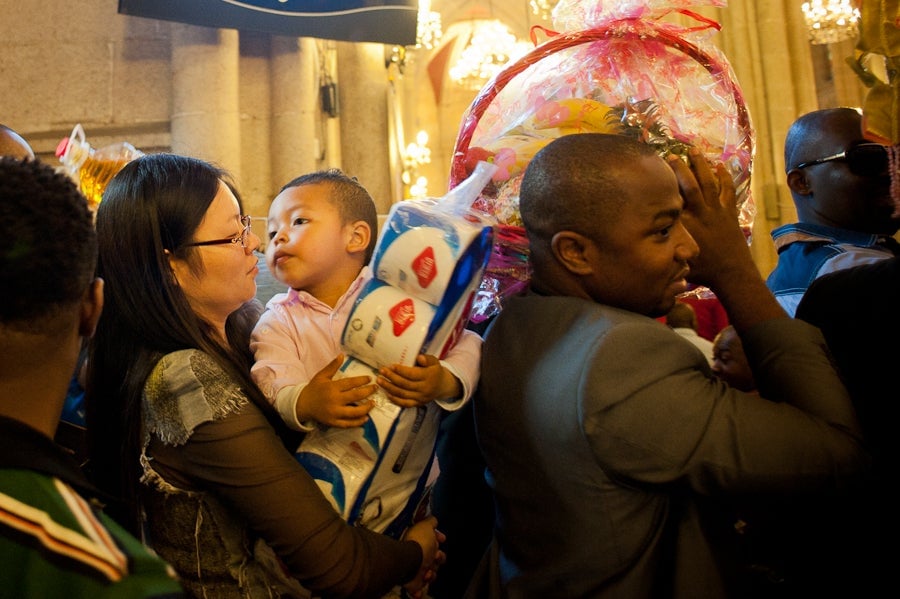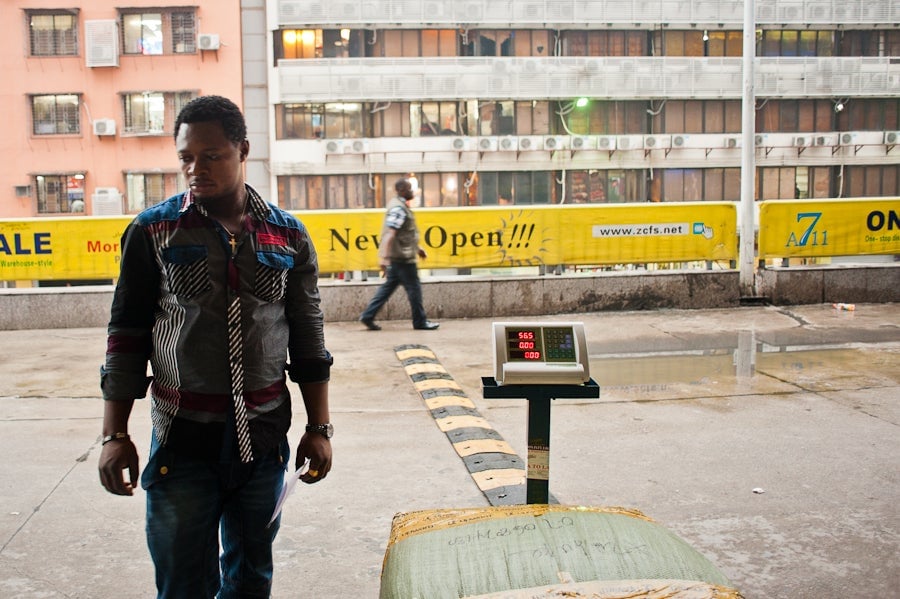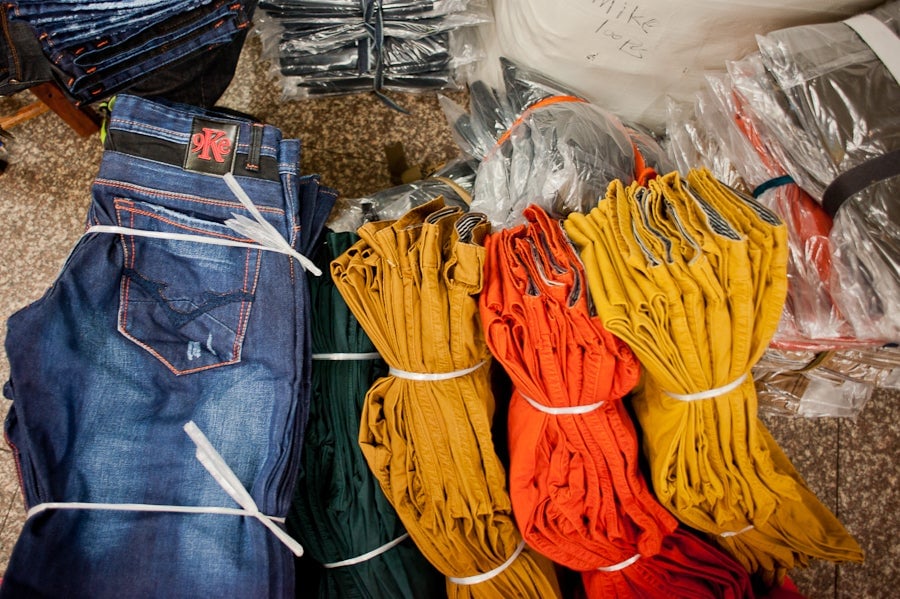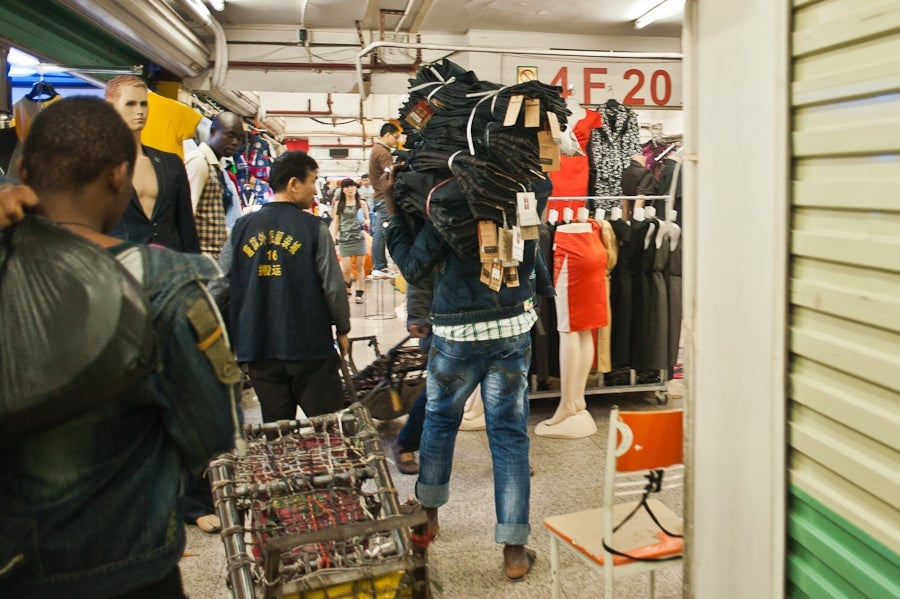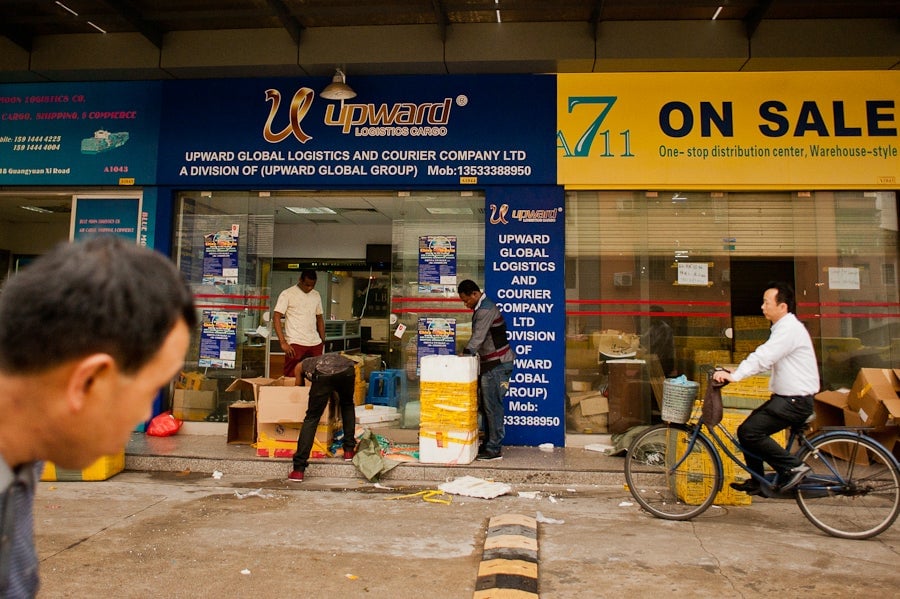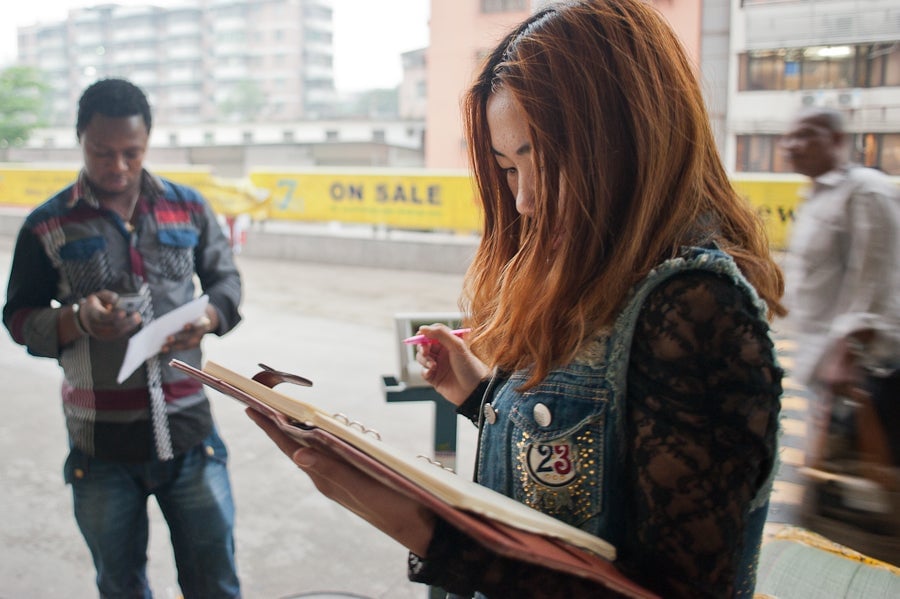African traders flocked to Guangzhou for the cheap goods but are staying to run manufacturing operations
Guangzhou is a store front for manufacturers in the Guangdong province, China’s biggest exporter, and is crammed full of wholesale malls offering everything imaginable in bulk: kitchen cabinets, furs, car parts. It is also home to the biggest African community in the country, an estimated 20,000 people.
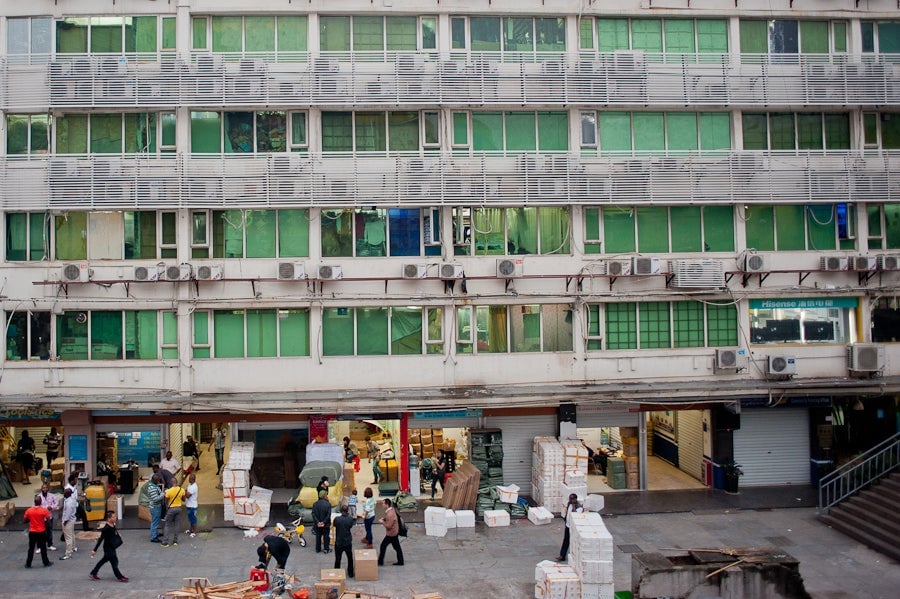
Guangzhou is a store front for manufacturers in the Guangdong province, China’s biggest exporter, and is crammed full of wholesale malls offering everything imaginable in bulk: kitchen cabinets, furs, car parts. It is also home to the biggest African community in the country, an estimated 20,000 people.
“Goods from the West are very expensive for the African market,” said Adams Bodomo, author of a study about China’s emerging African community. “[Traders] were all attracted to cheaply manufactured Chinese goods,” he said. The first wave of Africans arrived in the late 1990s, shuttling shipments between Guangzhou and African hubs like Lagos, Abidjan and Accra, forming the backbone of the kind of informal trade that has helped make China Africa’s biggest trading partner.
Chinese manufacturers and traders looking to make greater profit are now taking their wares straight to Africa and some Africans in China are rapidly turning away from buying and selling the small batches of cheap, low-margin products like clothes and plastic household goods that have made up much of their business. Instead, traders have begun manufacturing and shipping everything from heavy machinery to toothpicks for African companies.
Ghanaian merchant Ben Owusu-Achiaw said many of the African companies he works with have moved away from simple import-export operations because of competition from Chinese merchants. “Go to Makola Market,” he said, referring to the biggest trading center in Accra. “Chinese traders have all the best stores.” His concerns are echoed in Ghana, where politicians have been pushing for the World Trade Organization to stop Chinese merchants importing and selling Chinese-made versions of products also manufactured in west Africa.
Owusu-Achiaw moved to China 10 years ago, and started exporting clothes. Because he picked up the language quickly, he often found himself acting as a middleman between Chinese manufacturers and African traders. He started off with a few thousand dollars, and now handles $200,000 and $300,000 of orders at a time.
Established African merchants in Guangzhou like Owusu-Achiaw are increasingly focusing on logistics, and finding Chinese manufacturers for Ghanaian companies. “People come to me and say ‘I want 10,000’ of this, and bring a sample,” he said. He travels the country finding the best factory for the job, a challenge, he said, because there’s no such thing as a deal: you basically get what you pay for.
This shift has meant that instead of just trading with Chinese businesses, African merchants are partnering with them to run factories, warehouses and export operations. There are closer cultural ties too, with a growing number of intermarriages, and groups dedicated to keeping the peace between the African communities and their Chinese hosts.
